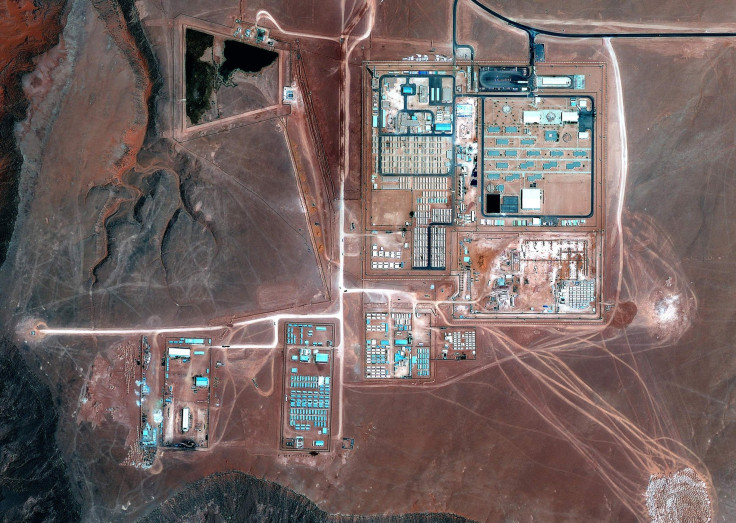After The US Issues Terror Alert, Concerns Over Energy Security In The Middle East And Africa Rise

While the world focuses on the current alert over a possible terrorist attack on Western targets across Africa and the Middle East, experts warn that the energy infrastructure in the region is also being targeted.
“Every country which has been affected by the current alert is an oil or gas producer of some sort, and one hopes that they have been increasing the protection of their installations,” said Simon Henderson, the director of the Gulf and Energy Policy Program at the Washington Institute for Near East Policy, in Washington, D.C.
More than 20 embassies and consulates were closed Sunday after the U.S. government said it received significant signals of an imminent terrorist threat against Western targets. Some posts that were closed Sunday will reopen, including the embassies in Baghdad, Iraq, and Dhaka, Bangladesh. The State Department travel warning will remain in effect until the end of this month. The U.S. government routinely issues so-called "warden messages" as a precaution when it sees viable potential threats. These warnings typically urge American travelers to stay away from places where foreign visitors congregate.
Still, Henderson said, "an attack on energy infrastructure is almost guaranteed to get worldwide attention, and it’s for publicity, which is for an important part probably a motive of these terrorist groups.”
Henderson gave the example of the attack by militants from Al-Qaeda in the Islamic Maghreb earlier this year on a natural gas facility at Ain Amenas, in southern Algeria, which killed at least 37 people, including foreign workers.
“Attacks on energy infrastructures are probably more likely and much more difficult to defend against,” Henderson said.
© Copyright IBTimes 2024. All rights reserved.












